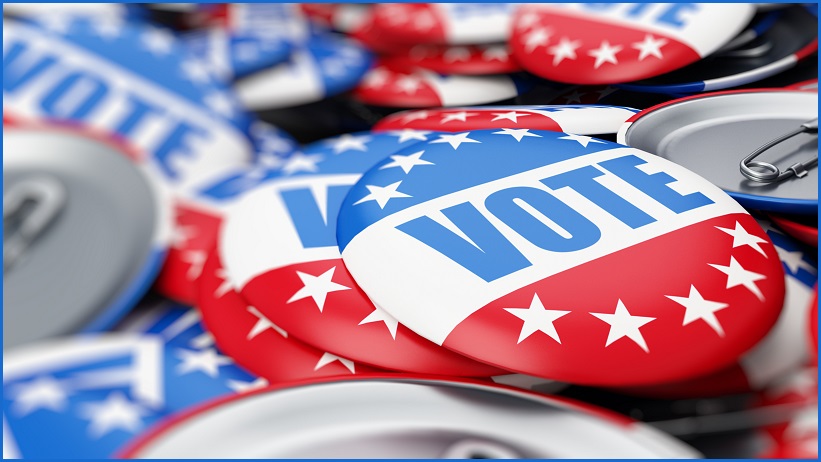Facebook repeatedly ignored evidence of political leaders around the world abusing the platform to “mislead their own citizenry” and on multiple occasions failed to act for several months, according to a whistleblower’s report.
BuzzFeed News has reported on an internal memo written by fired Facebook data scientist Sophie Zhang, outlining examples of global government leaders and political figures using fake accounts and misinformation to sway public opinion – and of Facebook doing nothing to stop it.
“In the three years I’ve spent at Facebook, I’ve found multiple blatant attempts by foreign national governments to abuse our platform on vast scales to mislead their own citizenry, and caused international news on multiple occasions,” Zhang said in the memo.
“I have personally made decisions that affected national presidents without oversight, and taken action to enforce against so many prominent politicians globally that I’ve lost count.”
The BuzzFeed News report said the leaked memo shows Facebook “abdicating responsibility for malign activities on its platform that could affect the political fate of nations outside the United States or Western Europe”.
In the memo, Zhang said she had “no oversight whatsoever” and was “left in a situation where I was trusted with immense influence” in her spare time.
“A manager on Strategic Response mused to myself that most of the world outside the West was effectively the Wild West with myself as the part-time dictator – he meant the statement as a compliment, but it illustrated the immense pressures upon me,” she said.
The two most significant examples detailed in the memo related to Honduras and Azerbaijan.
Six months into her job, Zhang said she discovered a coordinated campaign “that used thousands of inauthentic assets to boost President Juan Orlanda Hernandez of Honduras on a massive scale to mislead the Honduran people”.
Thousands of fake accounts were linked to the country’s leader because an administrator of the President’s Facebook page had been “happily running hundreds of these fake assets without any obfuscation whatsoever in a show of extreme chutzpah”.
Zhang reported the activity to the relevant Facebook team, but the company took nine months to act on it, the memo said.
“Despite the blatantly violating nature of this activity, it took me almost a year to take down his operation,” she said.
Facebook announced in July 2019 that it had taken down the network, but it didn’t reveal that just weeks later it was back up and running.
“They had returned within two weeks of our takedown and were back in a similar volume of users,” Zhang’s memo said. “A year after our takedown, the activity is still alive and well.”
In Azerbaijan, the ruling political party was found to have “utilised thousands of inauthentic assets...to harass the opposition en masse”, but Facebook took more than a year to look into it.
The internal memo also detailed the removal of 10.5 million fake reactions and fans from politicians in Brazil and the US in the 2018 elections, “inauthentic scripted activity” supporting former Prime Ministers in the Ukraine and inauthentic activity in Bolivia and Ecuador.
In the final example, Zhang said she was forced to “not prioritise it” due to workload.
A Facebook spokesperson told BuzzFeed News that the company is working extensively to stamp out inauthentic behaviour on the platform.
“We’ve built specialised teams, working with leading experts, to stop bad actors from abusing our systems, resulting in the removal of more than 100 networks for coordinated inauthentic behaviour,” the spokesperson said.
“It’s highly involved work that these teams do as their full-time remit. Working against coordinated inauthentic behaviour is our priority, but we’re also addressing the problems of spam and fake engagement.
“We investigate each issue carefully, including those that Ms Zhang raised, before we take action or go out and make claims publicly as a company.”
According to the report, Zhang turned down an $88,000 ($US64,000) severance package from Facebook so she didn’t have to sign a non-disparagement agreement.
“There was so much violating behaviour worldwide that it was left to my personal assessment of which cases to further investigate, to file tasks and escalate for prioritisation afterwards,” she said in the memo.
“Facebook projects an image of strength and competence to the outside world that can lend itself to such theories, but the reality is that many of our actions are slapdash and haphazard accidents. We simply didn’t care enough to stop them.
“I know that I have blood on my hands by now.”










